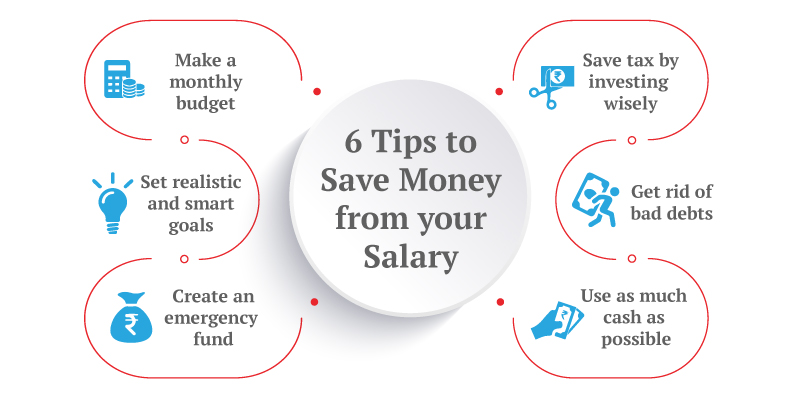Building a successful career in finance requires a combination of education, skills development, networking, and strategic career planning. Here’s some expert advice to help you navigate your journey and achieve success in the finance industry:
Invest in Your Education:
Obtain a solid educational foundation by pursuing a degree in finance, accounting, economics, business administration, or a related field from a reputable institution. Consider pursuing advanced degrees or certifications such as a Master of Business Administration (MBA) or Chartered Financial Analyst (CFA) designation to enhance your credentials and marketability.
Develop Technical Skills:
Master essential technical skills required for finance roles, including financial analysis, financial modeling, accounting principles, data analysis, and proficiency in financial software and tools. Stay updated on industry trends, regulations, and best practices to remain competitive in the finance field.
Gain Practical Experience:
Seek internships, co-op programs, part-time jobs, or volunteer opportunities to gain hands-on experience and exposure to different finance roles. Apply theoretical knowledge to real-world situations, build your resume, and develop valuable skills, contacts, and industry insights.
Network Effectively:
Build relationships with professionals, alumni, mentors, and industry contacts in the finance industry. Attend networking events, industry conferences, career fairs, and informational interviews to expand your network, learn about job opportunities, and gain advice from experienced professionals.
Explore Different Finance Specializations:
Explore various areas of finance, including investment banking, corporate finance, financial analysis, risk management, asset management, financial planning, and accounting. Identify your areas of interest, strengths, and career aspirations to pursue opportunities aligned with your goals.
Seek Career Guidance and Mentorship:
Find mentors and advisors who can provide guidance, support, and mentorship as you navigate your finance career. Seek advice from experienced professionals, alumni, or industry experts who can offer valuable insights, career advice, and networking opportunities.
Stay Informed and Adaptive:
Stay updated on industry trends, market developments, regulatory changes, and emerging technologies impacting the finance industry. Adapt to changing job market demands, business environments, and career opportunities by continuously learning, evolving, and expanding your skill set.
Demonstrate Leadership and Initiative:
Demonstrate leadership potential, initiative, and a strong work ethic in your finance roles. Take on challenging assignments, lead projects, and seek opportunities to contribute value, solve problems, and make a positive impact within your organization.
Pursue Continuous Learning and Development:
Commit to lifelong learning and professional development to stay ahead in your finance career. Attend training programs, workshops, seminars, and industry events to enhance your skills, acquire new knowledge, and stay updated on industry best practices.
Embrace Challenges and Take Risks:
Be proactive, resilient, and adaptable in the face of challenges and setbacks in your finance career. Take calculated risks, step out of your comfort zone, and seize opportunities for growth, learning, and career advancement.
By following this expert advice and taking a proactive approach to your finance career, you can build a successful and fulfilling career in the finance industry. Keep learning, networking, and striving for excellence as you pursue your professional goals and aspirations in finance.








